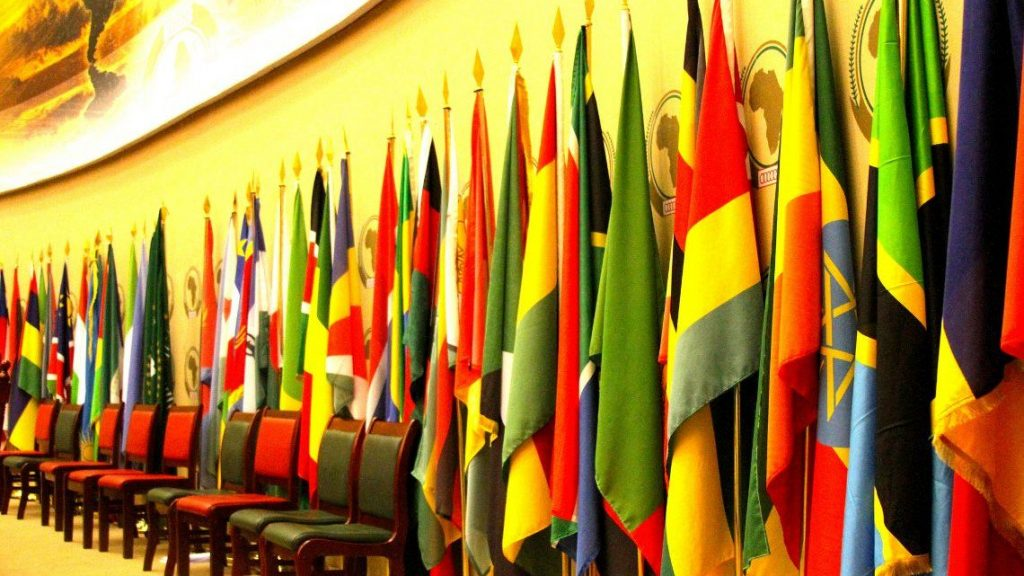Discover Africa's best educational systems, what makes them unique, and get answers to common education FAQs in this comprehensive article.
---
Introduction
Africa, a diverse continent with a rich tapestry of cultures, languages, and traditions, is home to educational systems that have made significant strides in recent years. While challenges persist, several African countries have achieved remarkable progress in providing quality education. In this comprehensive article, we will explore the best educational systems in Africa, highlighting the key factors contributing to their success, examining international rankings, and addressing frequently asked questions (FAQs) about education on the continent.
Factors That Define Exceptional Educational Systems in Africa
The best educational systems in Africa share common attributes that distinguish them from others:
1. Accessible Education:
Systems that prioritize universal access to education ensure that all children, regardless of their background or location, have equal opportunities to learn.
2. Qualified and Motivated Teachers:
Effective educational systems invest in teacher training, professional development, and competitive compensation to support outstanding teachers.
3. Curriculum Relevance:
A well-rounded and practical education is ensured by a curriculum that addresses the country's needs and economy.
4. Infrastructure and Resources:
A conducive learning environment requires adequate school facilities, technology, and resources.
5. Investment in Education:
Countries with robust education systems invest heavily in funding, infrastructure development, and technology integration.
6. Inclusive Education:
Inclusive policies and practices ensure that children with disabilities and those from marginalized communities receive quality education.
7. Innovative Teaching Methods:
Modern education in Africa uses innovative methods to engage students, promote critical thinking, and foster creativity.
8. Cultural Embrace of Education:
Countries that value education highly prioritize it in their cultures, recognizing its importance for both individual and national development.
Best Educational Systems in Africa
Several African countries have made significant strides in improving their educational systems:
1. South Africa
South Africa is known for its well-developed higher education institutions, including world-class universities. The country's emphasis on research and innovation contributes to its strong education system.
2. Mauritius
Mauritius boasts a high literacy rate and a strong commitment to education. Its education system is recognized for its emphasis on science and technology.
3. Kenya
Kenya's education system has made impressive progress in recent years. The government's initiatives, such as the Free Primary Education program, have increased access to quality education.
4. Ghana
Ghana's education system is characterized by its emphasis on primary and secondary education. The country places importance on teacher training and curriculum development.
5. Seychelles
Seychelles offers free and compulsory education up to the age of 18. The country's focus on quality education has contributed to its success.
6. Egypt
Egypt's education system is one of the largest in Africa, with a strong emphasis on higher education. The country is home to some of the region's oldest and most prestigious universities.
7. Nigeria
Nigeria's educational system is characterized by its diverse range of institutions, including universities, polytechnics, and colleges. The country has a growing emphasis on STEM education.
8. Tunisia
Tunisia places a strong emphasis on primary and secondary education, with a focus on science and technology. The country has made strides in improving access to education.
Frequently Asked Questions (FAQs) About Education in Africa
Q1: What are the biggest challenges facing education in Africa?
A1: Challenges include inadequate infrastructure, insufficient funding, teacher shortages, and disparities in access to quality education.
Q2: How can countries in Africa improve their education systems?
A2: Improvement strategies include investing in teacher training, curriculum development, technology integration, and policies that promote inclusivity.
Q3: Is education free in all African countries?
A3: Education policies vary by country. While some countries offer free education, others may have fees or additional costs associated with schooling.
Q4: Are there opportunities for higher education in Africa?
A4: Yes, many African countries have universities and higher education institutions that offer a wide range of programs and opportunities for students.
Q5: How can individuals support education in Africa?
A5: Individuals can support education by volunteering, donating to educational charities, advocating for policies that promote education, and mentoring students.
Conclusion
In conclusion, Africa is home to diverse educational systems that are making strides in providing quality education. These systems prioritize accessibility, qualified teachers, and relevant curricula. While challenges persist, African countries are working tirelessly to improve their educational landscapes, recognizing education as a powerful tool for individual and national development. By understanding the factors that contribute to the success of these systems, Africa can continue to advance its education and empower its future generations.










Post a Comment